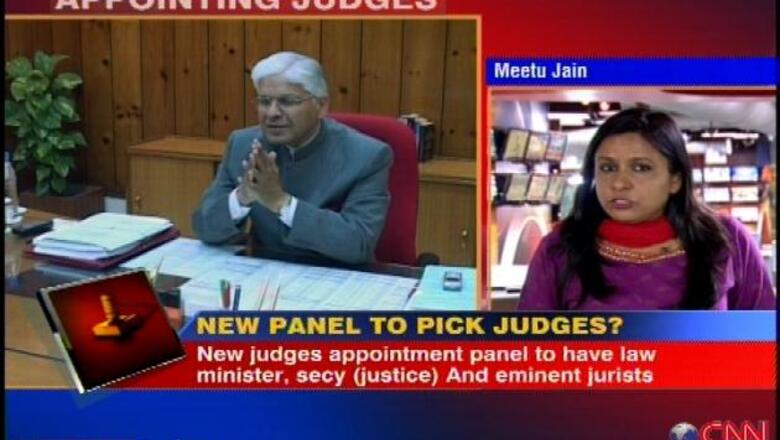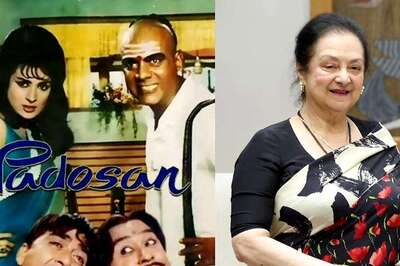
views
New Delhi: In what could result in another stand-off between the government and the judiciary, the UPA cabinet is likely to take up proposals for a revamp in the way judges are appointed. The Law Ministry wants judges to be appointed by a Judicial Appointments Commission, which includes members of the executive.
The Law Ministry says judges cannot be allowed to decided their own appointments. Currently, a collegium of judges decides on appointment of judges to the higher judiciary. Under the proposed plan, the Commission, which includes the Law Minister, will take over that function.
Opinion of Chief Ministers and Governors will be taken in appointing judges to High Courts. It's a significant move given setbacks suffered by the UPA government in high profile cases like the 2G Scam.
The JAC will also have two judges of the Supreme Court, two eminent jurists nominated by the President as members. The government is open to include the Leader of Opposition in the Commission. The proposal, which replaces the present system of Collegium appointing judges, will require a Constitutional amendment. The Collegium is a five-member body headed by the Chief Justice of India and including four other seniormost judges.
The proposal has been hanging fire for several years because of strong resistance by the judiciary. "One view has been that the Leader of the Opposition should be made a member of the JAC. This suggestion could be considered," the Cabinet note circulated by the Law Ministry reads. Secretary, Department of Justice will be the Convener of the panel.
The move would entail amendments to Articles 124, 217, 222 and 231 of the Constitution and insertion of Article 124 A The views of the Governors, Chief Ministers and respective Chief Justices of the 24 High Courts will be elicited in writing for appointment of judges as per the procedure which could be determined by the JAC.
The practice of judges appointing judges started after 1993, replacing the system of government picking judges for higher judiciary comprising the Supreme Court and High Courts. Chief Justice of India Altamas Kabir had last week strongly defended the present practice saying appointments to the higher judiciary are made after "intense deliberations". The Cabinet note said the Collegium system has no constitutional backing or Parliamentary endorsement.
"The proposed amendments will provide constitutional backing to the process of consultation through the institution of JAC and will make the process truly participatory between the Executive and the Judiciary without in any way compromising the independence of the Judiciary," it reads. Justifying the move to scrap the Collegium system, the Law Ministry said, "the need for this proposal arises primarily because the present system of appointment of judges in the country is unprecedented as in no other country in the world, does the judiciary makes appointments for itself."
It said the present system has resulted from the decisions of the Supreme Court "which it is believed are inconsistent with the constitutional scheme." "Any person who is not recommended for appointment as a judge by the JAC shall not be appointed by the President," the Cabinet note says.
The Department of Justice in the Law Ministry will process the recommendations made by the JAC for seeking approval of the Prime Minister and the President. The last effort to replace the collegium system in 2003 did not succeed. The then NDA government had introduced a Constitution Amendment Bill but the Lok Sabha was dissolved when the bill was before a Standing Committee.
Responding to a question on need to replace the present collegium system at a press conference here, Justice Kabir said, "I don't know what this criticism is about, the way judges are being appointed. Great deal of deliberation goes into the choice of the name of the judge..."
(With additional information from PTI)


















Comments
0 comment